Need a Chill Pill? Here’s a Recipe from the 19th Century
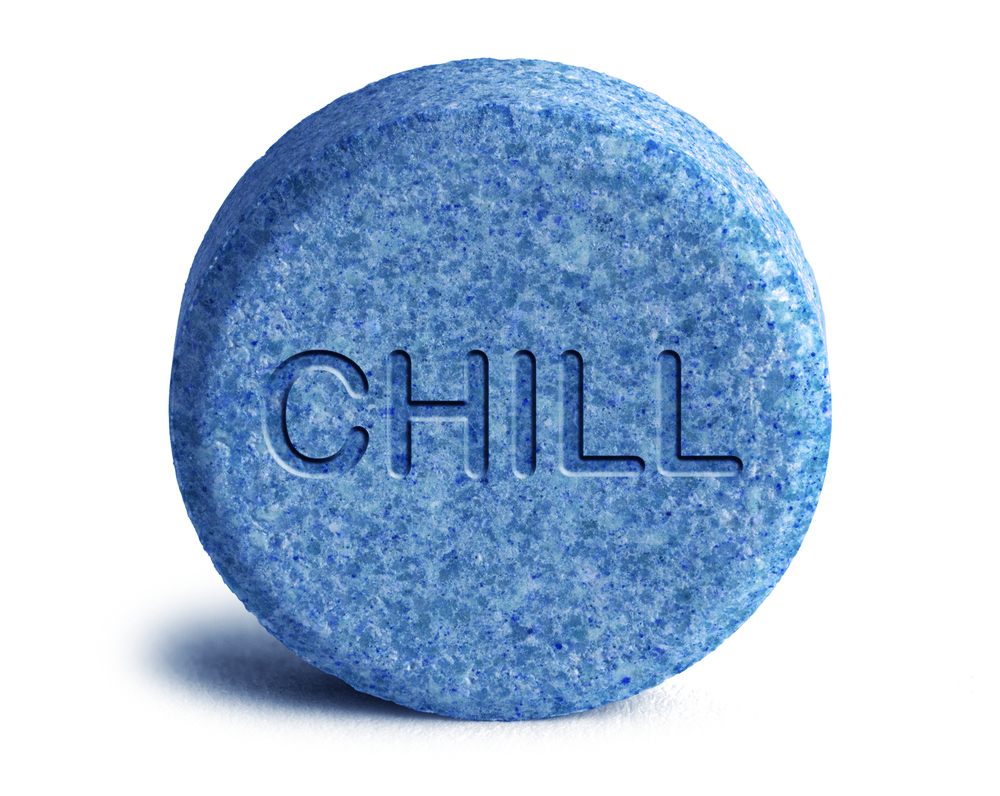
A literal interpretation of “Chill Pill”. (Photo: Mega Pixel/shutterstock.com)
In the 1980s and early 1990s, if you were acting uncool, your sassy friend might have told you to “take a chill pill”–that is, to relax. But in the late 1800s, if someone told you to take a chill pill, they’d mean something completely different: a literal pill meant to cure the actual chills.
How did the phrase “chill pill” go from medical terminology to retro rhyming slang?
In fact, chill pills used to be something you could make at home. In Housekeeping in Old Virginia, an 1879 book of recipes and housekeeping tips compiled by “two hundred and fifty of Virginia’s noted housewives,” there is a section on home medicines and remedies, for when doctors were inaccessible but things like laudanum were easy enough to find. In this context, “chill pills” were a remedy for the chills associated with high fevers.
To make them, one simply mixes two drachms of sulphur quinine, one grain of arsenious acid, one grain of strychnia, twenty grains of Prussian blue, and one drachm of powdered capsicum. From that you’ll make 60 pills, to be taken three times a day to relieve your chills. The chill pill appears to be a common remedy for what Practical Druggist, in 1897, called “intermittent fever.” Their recipe called for iron sulfate in addition to arsenious acid, while recipe from Non-Secret Formulas was mainly quinine and oil of black pepper.
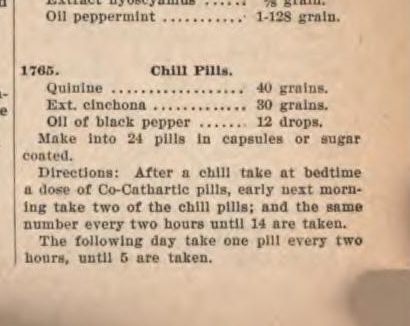
The recipe for “Chill Pills” from the 1897 book Non-Secret Formulas. (Photo: Internet Archive)
According to slang lexicographer Jonathon Green, any relation to the slang of the 1980s and 90s is a “very felicitous and a rather charming coincidence.” But there is perhaps some relation when it comes to concept. “Chill, to me, is a lineal descendent of cool, and cool of course is very very old,” says Green. The rise of “cool” in its modern usage–meaning anything from relaxed to fashionable to great–began in the 1940s, “post-Charlie Parker,” migrating from usage in the jazz world to its ubiquitous place in the English language now. But the association between cool temperature and merit goes back even further. In the 1880s and 1890s, describing someone as a “cool fish” was a known slang term at the elite Eton College. “A cool fish is sophisticated, worldly, someone who can deal with life, all those things we associate with cool,” says Green. In his Cassell’s Dictionary of Slang, he also defines it as a “cocky, self-possessed schoolboy.” It may be one of the first instances of slang where something bad is considered good.
Given that “chilly” and “cool” have similar meanings in standard English–“moderately cold”–it’s natural that “chill” became a synonym for “cool” in English slang. “Chill,” says Green, is primarily a synonym for “cool”: “It doesn’t bring anything new. There are no examples of ‘chill’ that couldn’t substitute with ‘cool.’” (Though it’s worth noting that “chill” is also used as a verb, with a whole range of additional implications.)
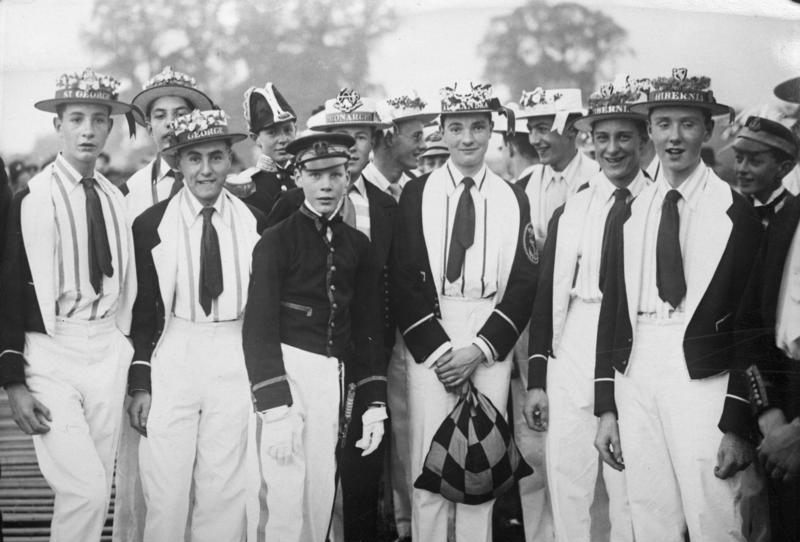
Students at Eton College, England, where “cool fish” was slang. (Photo: Bundesarchiv, Bild 102-13350 / CC-BY-SA 3.0)
Like “cool,” “chill” has a long history. In the 1950s “chilling the mark” was criminal slang, meaning to get rid of your victim without them knowing they’ve been robbed, but the modern usage of chill starts coming around in the 1970s, from Black slang. “To chill out” is used in Sugarhill Gang’s “Rapper’s Delight” in 1979 and Afrika Bambaataa’s “Zulu Nation Throwdown” in 1980, and according to Green there are a few instances in the earlier 1970s. In the early 1980s, “chill pill” makes its first appearance.
Professor Connie Eble notes that her students at UNC started saying “take a chill pill” to mean “to relax” in 1982, and many slang dictionaries point to her study of her students’ slang as the first instance of that usage. There are some claims that it was in relation to the advent of ADHD medications, and that they were also called “chill pills” because of their effect on someone in a hyperactive state. By the early 1990s it was a common enough phrase, and in the latest edition of The New Partridge Dictionary of Slang and Unconventional English, it’s referred to as “a mythical pill that will induce calm.” But the appeal of “chill pill” may have less to do with actual pills, mythical or otherwise, and more to do with its pleasing internal rhyme. Certainly, there’s no reference to the real-life chill-curing pills of the late 19th century whatsoever.

Afrika Bambaataa’s 1980 album “Zulu Nation Throwdown” used the term “to chill out”. (Photo: Mika-photography/WikiCommons CC BY-SA 3.0)
So are the two related? Part of what made “cool” and “chill” so ripe for slang is the long-established association between low temperatures and relaxation. To expand on that, we go back to Hippocrates, who theorized that human moods and behaviors were influenced by four bodily humors: blood, yellow bile, black bile, and phlegm. Later, Greek physician Galen separated humans into four types of temperaments, based on these humors and their associated properties of hot, cold, wet, and dry. Sanguine people (ruled by blood) and choleric (ruled by yellow bile) were the hot ones, characterized by extroversion and outward emotion, while melancholic (black bile) and phlegmatic (phlegm) temperaments were cold, characterized by introversion and quietness.
From a modern perspective, having a hot, emotional temperament is the opposite of cool, both in language and in practice. “Cool,” and now “chill,” is about being relaxed, easygoing, and unflappable. And when you’re a teenager, full of hot, raging hormones and feelings, that’s exactly what you aspire to be. “It does seem that to be cool has been one of the aspects of teen life that’s desirable,” says Green.

Greek physician Galens, who separated the temperaments into dichotomies of hot/cold and wet/dry. (Photo: Public Domain/WikiCommons)
Coldness is exactly what the 19th century chill pill was trying to cure, so in a sense, it served the opposite purpose of the metaphorical “chill pill.” The former was to rid one of chills, while the latter hypothetically induced them in their slang sense. But both are attempts at balance of the temperaments, which is what Hippocrates, Galen and others spoke of as the human ideal. Cold, but not too cold. Emotional, but not brashly so. Not feverish, but not shivering either. The “chill pills” of the 1800s may have nothing directly to do with the withering insult of the 1980s, but both agree: it’s cool to be balanced and healthy.


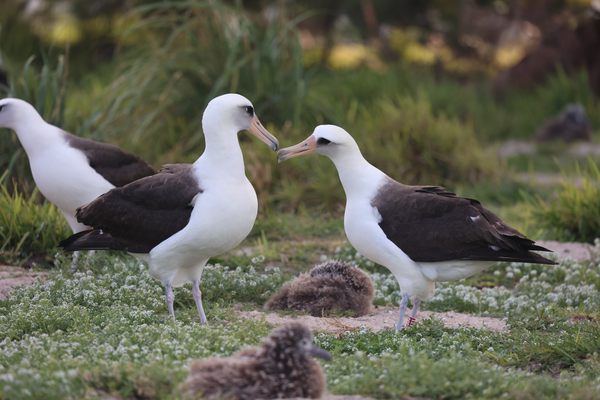
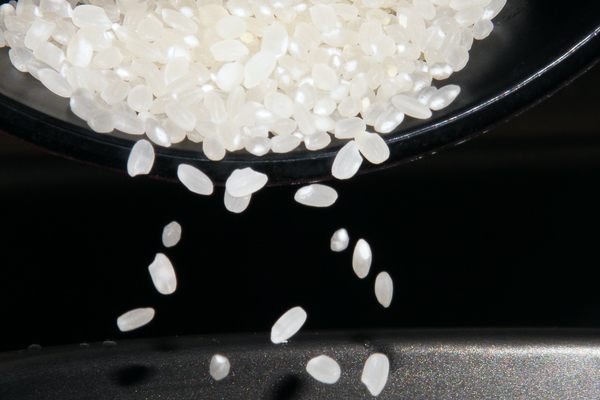



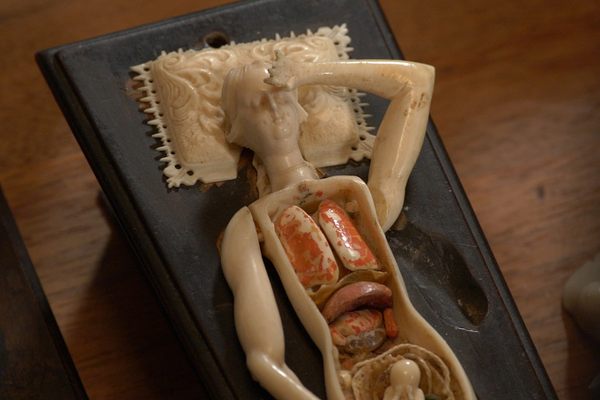



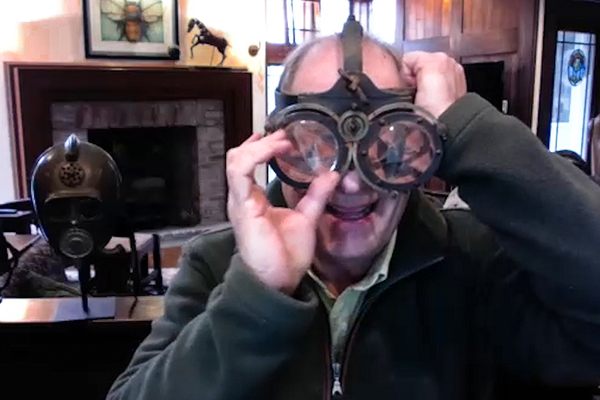



Follow us on Twitter to get the latest on the world's hidden wonders.
Like us on Facebook to get the latest on the world's hidden wonders.
Follow us on Twitter Like us on Facebook